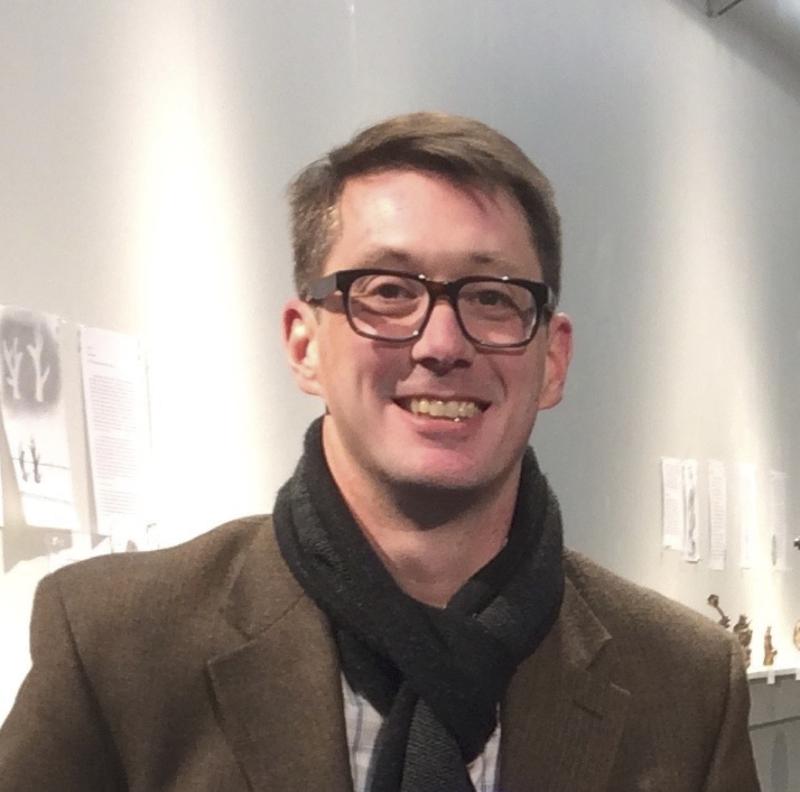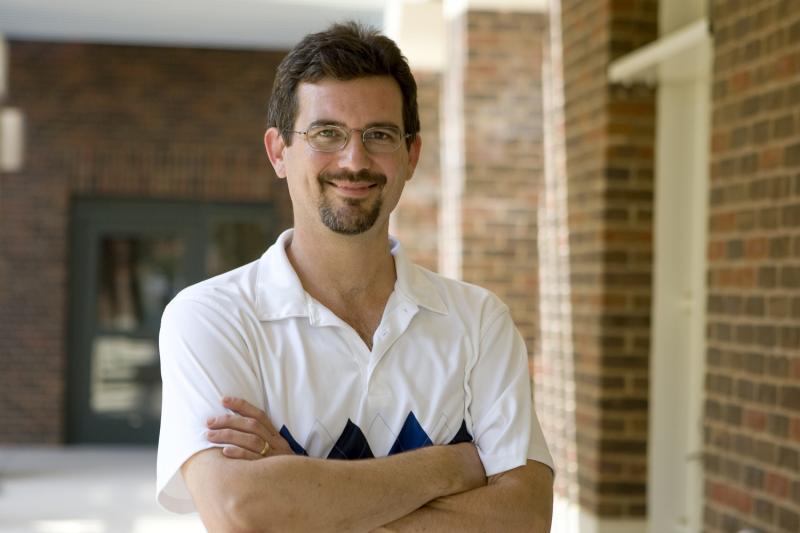Fellows Selected to Develop Indigenous Arts Courses

The Mellon Indigenous Arts Initiative has awarded fellowships to three Arts & Sciences faculty members for the 2017-18 academic year as part of an effort to establish UVA as a research center of excellence for the study of the Indigenous arts. The new Mellon Arts Fellows are:

- Matthew Burtner, Professor and Chair, McIntire Department of Music
- S. Max Edelson, Associate Professor of History, Corcoran Department of History
- Douglas Fordham, Associate Professor of Art History, McIntire Department of Art
The Mellon Indigenous Arts Fellows Program is part of a multi-year initiative funded in partnership by the Andrew W. Mellon Foundation, the College and Graduate School of Arts & Sciences, and the Provost’s Office. The fellowships will offer Fordham, Burtner and Edelson the opportunity to pursue creative and scholarly projects in the arts as they research and develop a new course curriculum related to Indigenous arts. In addition to one course release, each Fellow will receive research funds in the amount of $10,000 ($6,500 to support their individual research and creative work and $3,500 for course development).

Building on his research with the ecoacoustics of climate change and human-nature interaction in music, Burtner will use his fellowship to study Yidaki music in Australia and in collaboration with the Kluge-Ruhe Aboriginal Art Collection. Burtner is interested in how the Yidaki instruments, fashioned from termite-hollowed eucalyptus trees and selected and shaped by Aboriginal musicians, reveal a philosophy of sustainability and creativity that may influence contemporary music practice and instrument design.
His current music involves the sounding of natural materials played in counterpoint with sonifications of climate change, realized with computer technology and acoustic instruments. Burtner says the Yidaki offer a fascinating example of a hybrid human and nature-fashioned instrument and performance practice closely tied to environmental sustainability, and Burtner will create a new Ecoacoustics class that brings together a study of Yidaki and environmental science to explore climate change music.

Edelson’s research focuses on indigenous cartographies and examines works of art that express how Native peoples have represented space across time and world regions. As a Mellon Arts Fellow, he plans to identify a global corpus of Native maps created at the intersection of two mapping traditions: one advanced by European empires and their settler-society successors that use empirical, western cartography as a tool of colonization, administration, and development; and the one advanced by those displaced, threatened, incorporated, and subjugated by these imperial societies.
The fellowship will allow Edelson to develop a new collaborative course. This digital “practicum” in map and art history will involve students in the building of an interactive online exhibition of indigenous maps and spatial art. It will feature objects from the Kluge-Ruhe Aboriginal Art Collection and use digital tools such as MapScholar and Neatline, two geospatial platforms developed at UVA.
As part of his Mellon Indigenous Arts Fellowship, Fordham intends to research the use of contemporary aboriginal art as evidence in native title claims, most notably in the Ngurrara Canvas. Inspired by Ian McLean’s recent characterization of Indigenous art since colonization as a continuous and evolving engagement with Western modernity, Fordham’s project proposes a deeper examination of the history of the intersection of legal rights and artistic production.
Settler colonialism brought with it a particularly entangled knot of legal claims around territory, representation, and personhood, according to Fordham. His hypothesis is that the legal status of the image (as visual evidence, copyrighted product, etc.) can help to connect and complicate current narratives of “Australian modern art”, evoking transcultural practices dating back to 1788. In particular, he will focus on the period between the Flinders expedition of 1801-05, of which William Westall was the official draughtsman, to the R. v. Ballard case of 1832 in which the court of New South Wales wrestled with the applicability of crown law to indigenous plaintiffs and defendants.




